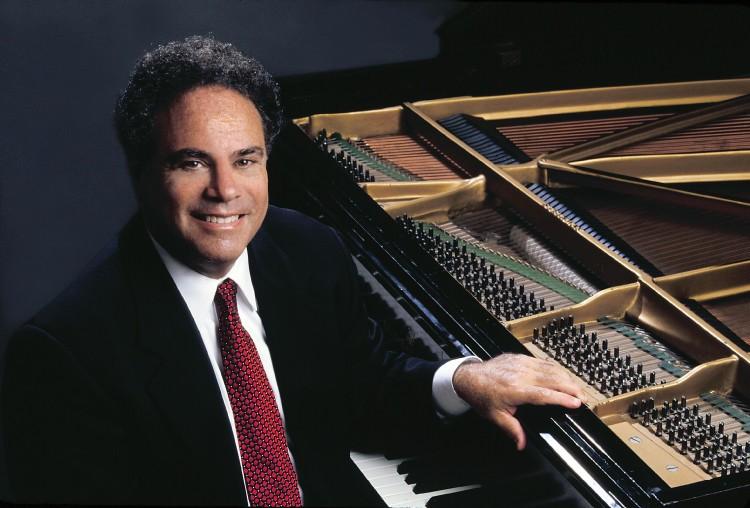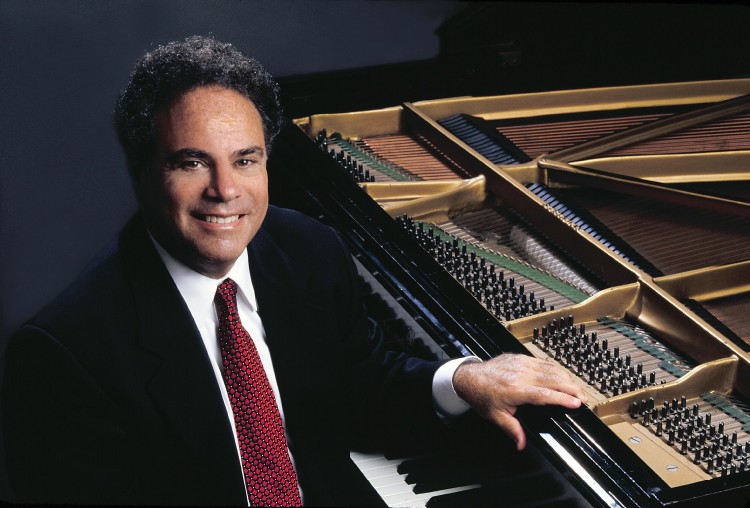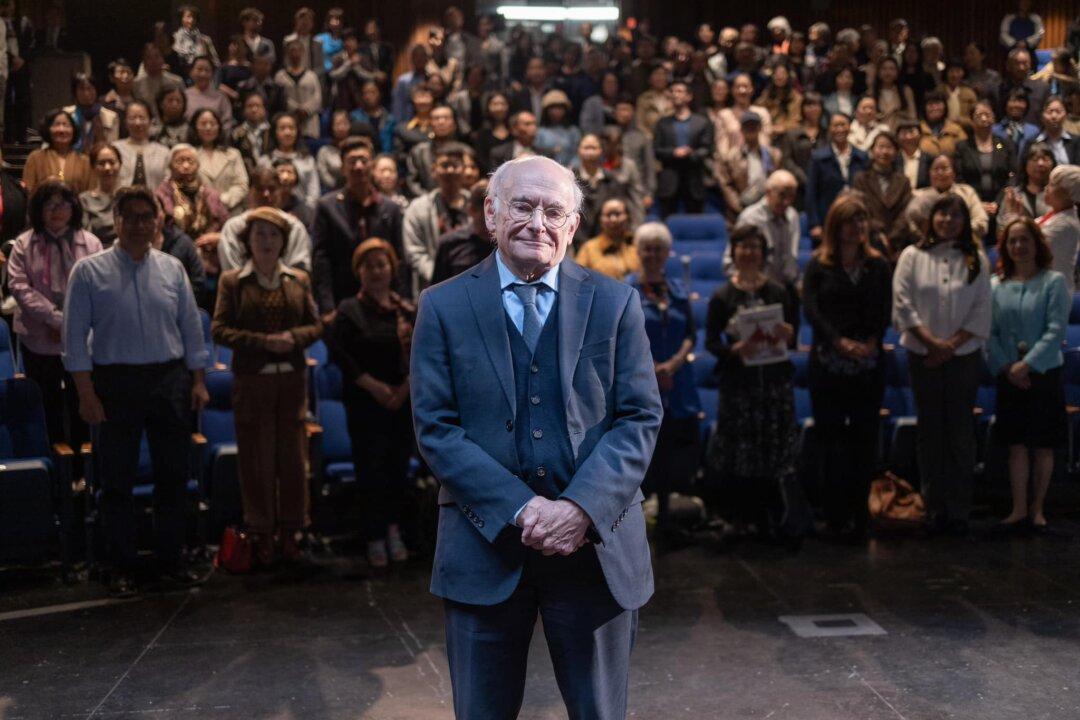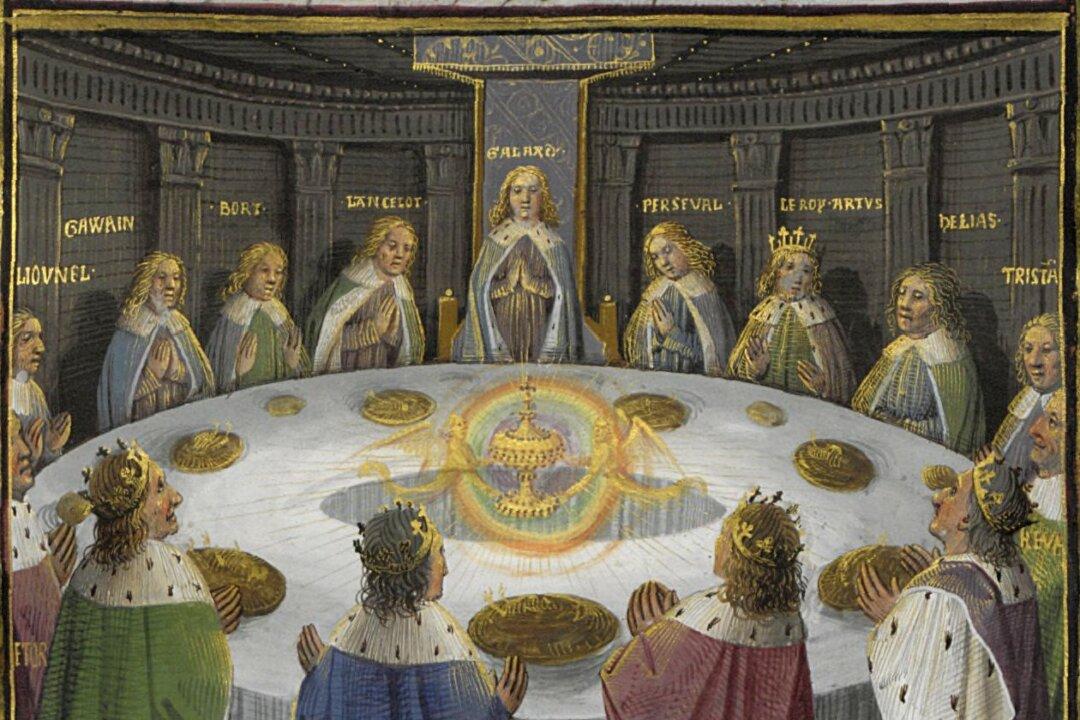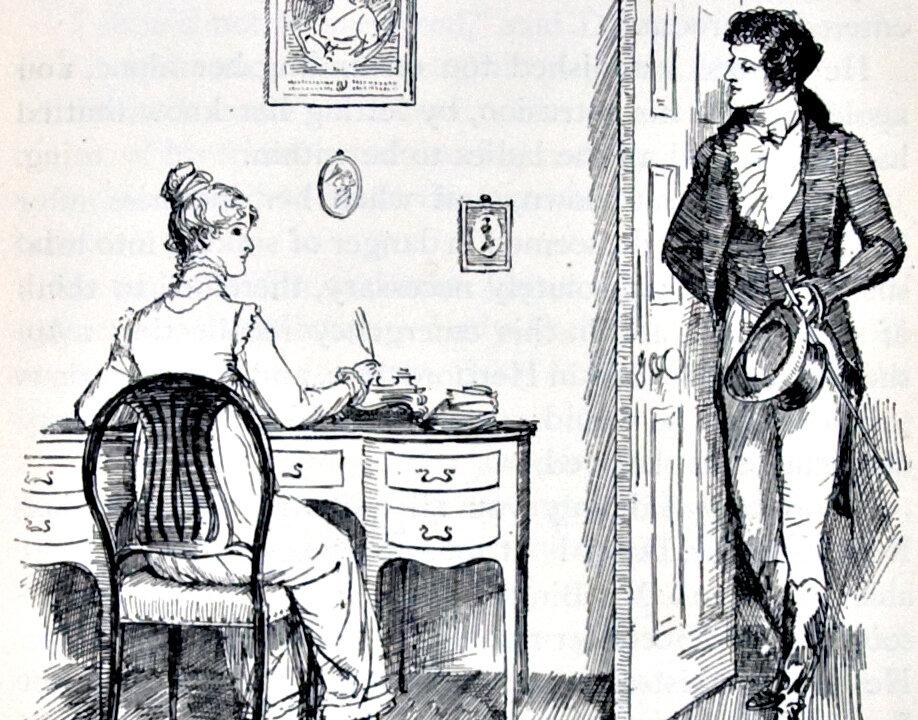Liszt’s Birthday Celebrated by Modern Virtuoso
When Franz Liszt came to town back in the day, crowds would swarm, women would faint and fans would fight over any bit of memorabilia they could put their hands on. More than 100 years before the Beatles and Elvis, it was the Hungarian-based piano virtuoso who was fascinating European audiences.
|Updated:

